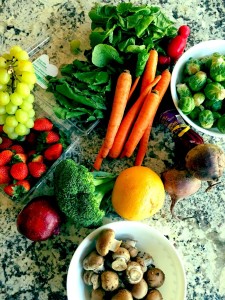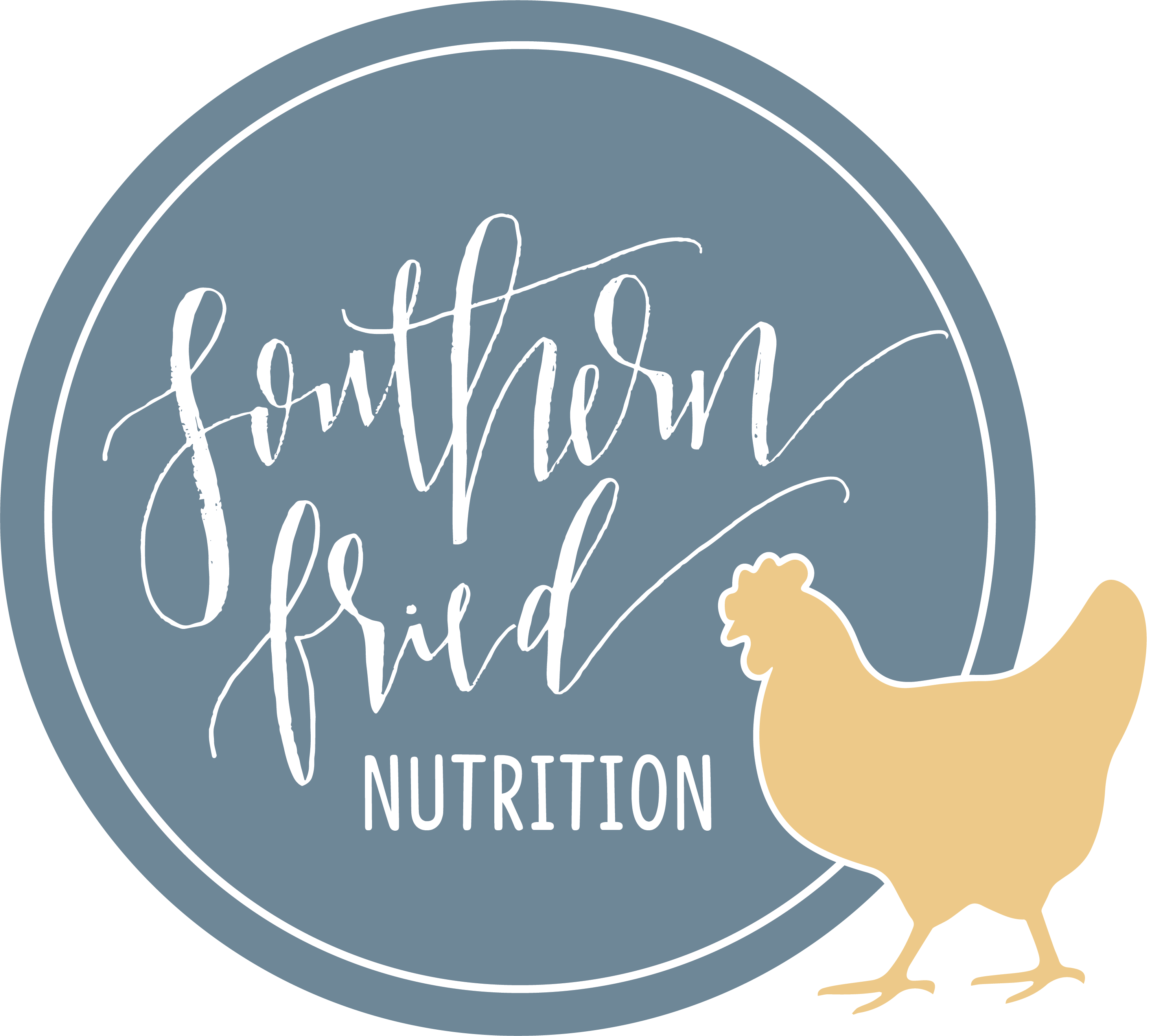Start here. Part 1 of this 2 part series addresses the reasons that you may NOT want to pursue an elimination diet, and there are many reasons to proceed with caution.
Eliminating a specific food or ingredient from your diet is a big decision. And it has some potential negative health implications as I said in my Part 1 of this two part series. BUT there are some times when elimination is absolutely necessary. The first is if you have a true IgE mediated food allergy. If you’ve experienced anaphylaxis or been medically diagnosed (by a real medical doctor) after having a reproducible reaction to a food, then it makes sense to eliminate. Second, if you have Celiac disease, you need to eliminate gluten from your diet completely. Even though you may not feel immediate symptoms, if you have celiac disease, continuing to eat gluten could be causing harm. At the moment, the only treatment for true food allergies or celiac disease is complete avoidance of the offending food/ingredient.

A diet rich in fruits and vegetables provides phytonutrients, vitamins and minerals that every body needs.
There are some additional situations in which an elimination diet, short-term or longer, can be very helpful. Here are some:
- The low-FODMAP diet has been found effective for many people with IBS, as some of these folks find certain foods can exacerbate their symptoms. Using the low-FODMAP diet, these folks eliminate or reduce specific types of foods for a period of time and then reintroduce to find what foods may be troubling. This approach is evidence-based (it has been and continues to be well researched) and a good way to identify food issues for some folks with ongoing digestive distress.
- Non-Celiac gluten sensitivity (NCGS) is a bit controversial, but some experts think that even though an individual may not have Celiac disease they may still be sensitive to gluten. Others think that it’s not gluten, but something else (perhaps FODMAP) that’s causing the issue. Either way, there are probably some people who will benefit from gluten-restriction, even without Celiac disease. If you think this could be you, work with a knowledgable gastroenterologist to determine whether you really need to go this route.
- Eosinophilic esophagitis (EoE) is not a common condition, but happens most often in people who already have food allergies, environmental allergies, or other atopic conditions. In some cases, food elimination can help lessen or resolve EoE.
- Food protein induced enterocolitis syndrome (FPIES) is an intolerance that happens usually in young children or infants (though they can rarely occur in adults). Typically, restriction of some foods can help and is only needed on a temporary basis.
- A significant percentage of the population is lactose intolerant. While these folks can usually tolerate a small amount of lactose, take lactase pills, drink lactose-free milk, or choose low-lactose foods, some choose to eliminate dairy altogether. Any of these is a fine approach based on preference, but should include careful attention to replace the nutrients lost when dairy is taken out of the diet.
- Individuals with chronic migraine headaches may receive some benefit on a low-tyramine diet, avoiding alcohol, and eliminating or reducing caffeine in the diet.
In all of these cases, I recommend working closely with a qualified registered dietitian and gastroenterologist, neurologist, allergist/immunologist or other specialist. Food is about nourishing body and soul. It’s not about restricting nutritious and healthy foods and should be enjoyed as liberally as is safe and healthy. I want you to have a healthy relationship with food and hope you find peace and satisfaction with your body and your plate. xo
P.S. Someone recently asked me about the (Paleo) autoimmune diet. I have not found anything in the literature to support this specific dietary approach, per se. However, research does support a diet that is high in whole foods, lots of fruits and vegetables, omega-3 fatty acids, and rich in vitamin D as reducing inflammatory markers, while a diet high in sugar, saturated and trans-fats tend to increase these markers. So…the truth is that a plant-based diet (that may still include some animal products, but in smaller amounts), high in fruits, vegetables, whole (intact) grains, nuts and seeds, beans and legumes is the best way to nourish almost every body. <3

